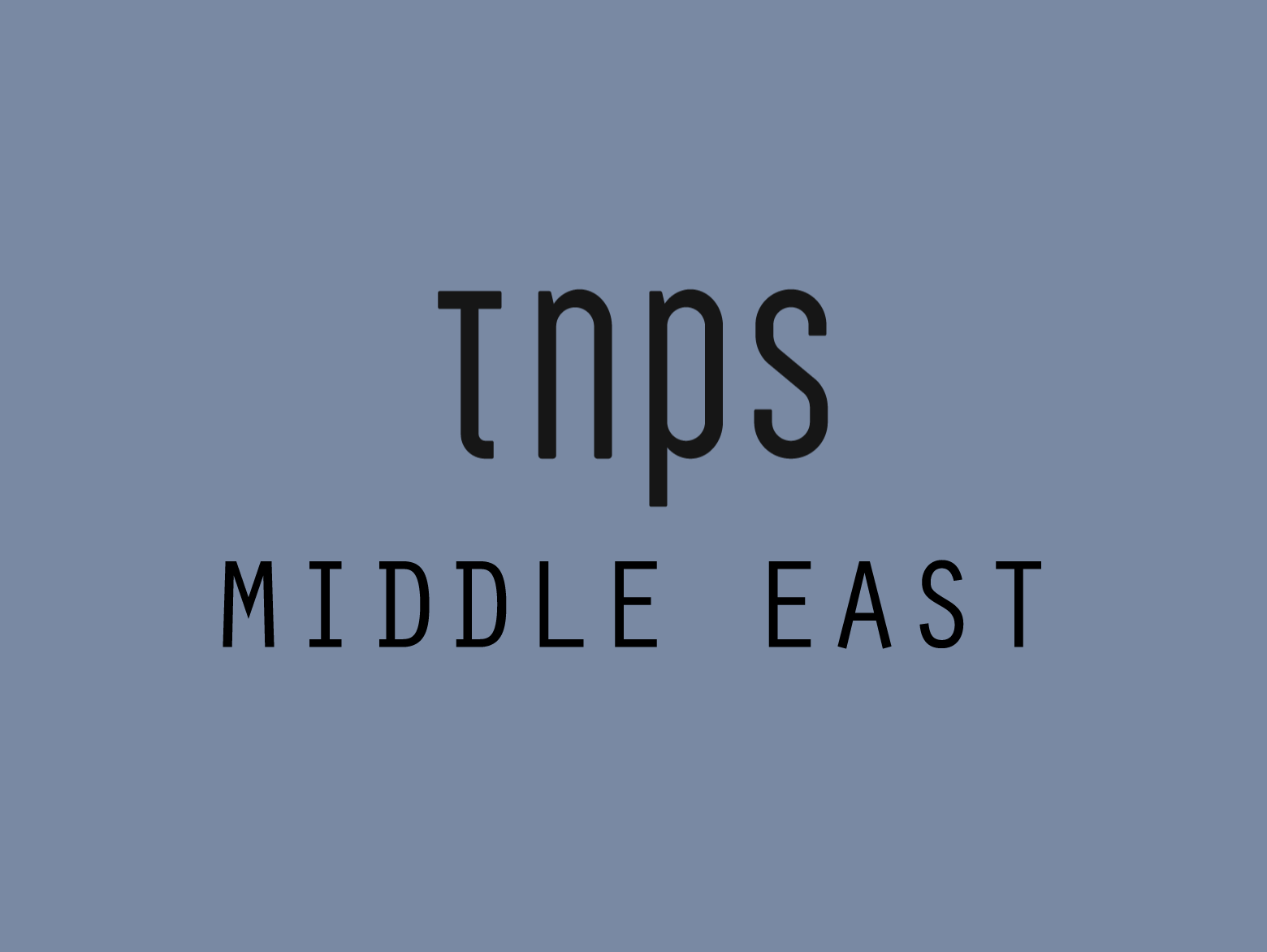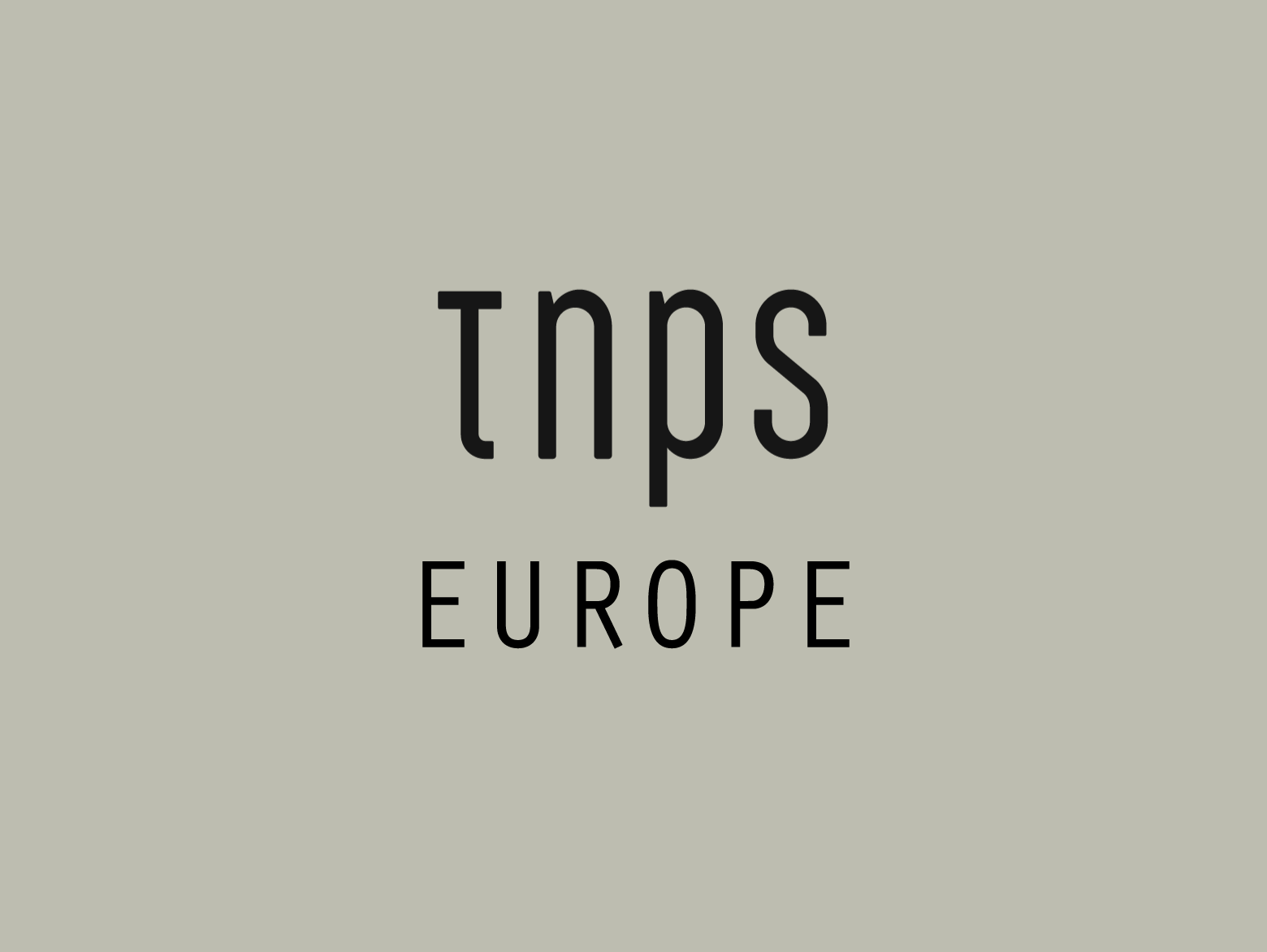In November it will be four years since Amazon launched a Kindle store (Netherlands, November 2014), and as I’ve speculated on several occasions here at TNPS, it seemed mostly unlikely there were any new Kindle store launches being planned.
Amazon has set up token operations in Singapore and Vietnam, is opening a call centre in Colombia, and has AWS in numerous countries, with rumours a Sweden set-up could materialize this autumn. But so far there has been little intimation Amazon has been talking with publishers in any of these countries.
But the Kindle candle hasn’t been entirely extinguished.
Amazon has lately introduced Arabic to the handful of languages supported by the Kindle, and as I reported here in May, Amazon has also been talking with Egyptian publishers about ebooks.
As I speculated at that time, could a Kindle Egypt or even a Pan-Arab Kindle store be on the cards?
The possibility came a step closer this week with news from Trade Arabia that Amazon-owned Souq, based in Dubai in the UAE, is now offering a selection of Kindle devices on the site, with availability at this time limited to four Middle East countries: the UAE, Bahrain, Kuwait, and Oman.
Said Souq.com CEO and co-founder Ronaldo Mouchawar,
We are delighted to make books more accessible by bringing the bestselling e-readers in the world to our customers in the UAE. Our customers will now be able to carry their most loved books in a single device and will be able to seek knowledge on the go. As part of the Amazon family, we’re thrilled to add Kindle to our broad selection of more than 9.4 million items.
Which sound great, but a look at the Souq site shows the Kindle devices getting banner promotion with a show of just 1 million ebooks, and what it doesn’t tell you there is that only 12,000 are in Arabic.

But the 1 million ebooks available in total is of more interest, as this is a far cry from the 5 million ebooks available on the main US site, and perhaps not so coincidentally is close to the number of ebooks available in Kindle Unlimited.
That’s not so say Amazon’s ebook subscription service is available in the Middle East just yet, but it would suggest the bulk of the content on offer in the region is from the indie community, for the simple reason that most indies will have ticked world rights when they listed in KDP, while traditional publishers will have restricted the reach of their titles.
There’s no sign of ebooks on the Souq site, nor through the Amazon “Global Store,” meaning buyers in the region will be sent to the US Kindle store, but with a limited selection of ebooks visible.
At which point it’s worth reminding ourselves of the May TNPS post:
Souq sells books, but not ebooks. That may be about to change, on a small scale.
While setting up a Middle East ebook store from scratch might not make sense for Amazon right now, it would make sense to add ebooks to the Souq store, or to roll out stand-alone Kindle stores across the region using the Souq infrastructure.
Back in December 2017 Amazon finally introduced limited Kindle support for the Arabic script with a beta KDP option.
Six months on and the system is still in beta, and there’s no POD option for Arabic via CreateSpace or audio via ACX, but tucked away in the small print is a sign of where Amazon is heading with this.
Says Amazon, “If you choose to receive payments via wire transfer to your local bank in Saudi Arabia, Oman, Bahrain, Kuwait, and Morocco, you will be paid in local currencies (e.g. Saudi Riyals, Oman Rials, Bahraini Dinars, Kuwaiti Dinars, and Moroccan Dirham).”
Given Amazon still can’t manage wire-transfer payments for KDP authors in many other countries we can safely say Amazon has not gone to the effort to provide wire transfers in Oman or Morocco, where KDP and the Kindle store has no functional presence. It’s clear Amazon is using Souq’s payments infrastructure.
That said, authors in these countries face a $100 threshold for each Kindle country they sell in, so most indie authors in the region will face a long wait to get paid, and using an aggregator to access Amazon may be a better option.
This week (May, remember) Nasher, “the world’s first professional hub for Arab publishers,” reports that the Egyptian Publishers Association is in advanced talks with Amazon, not so much for a Kindle store, although that may come, but rather to “discuss a range of issues that concern Egyptian publishers about the marketing and publicity of their books to readers around the world, with a focus on ebooks.”!
The meeting was organised by Sherif Baker, Secretary General of the Egyptian Publishers Association and chair of the Professional Development Committee, at the EPA offices in Cairo, whereAmazon showcased the privileges and facilities they will offer Egyptian publishers who will market their publications via Amazon’s eBooks site.
Nasher reports Amazon will, ”offer full legal protection to the intellectual property and copyrights of publishers they represent online, in addition to comprehensive technical support for converting books into electronic formats, offering browsing compatibility on smart devices, hardware and software programs.
And that is where we stand right now. Amazon may be content to just drive readers to the US store, as it has in the past for New Zealand, Canadian and Irish readers.
The problem there is that Arab readers will need an elementary command of English and the Latin alphabet to navigate the site to find the Arabic titles, which is going to severely restrict engagement.
While Amazon is clearly not too excited about setting up Kindle stores for small markets (the Netherlands store, supplying a population base of 17 million, is the smallest so far), the MENA (Middle East North Africa) region is a little more appealing, with a potential market reach of 420 million people.
And of course Amazon’s buy-out of Souq in itself shows Jeff Bezos understands that potential.
Making the existing Kindle devices available in four countries is perhaps the first step towards assessing the region’s interest in digital reading.
As Souq is itself based in Dubai my guess would be a Kindle UAE store branded in both English and Arabic (as Souq is), which allowed other countries access (as France allows Belgian buyers, Germany Austrian, etc) would be the one to bet on.
But I’d keep Egypt as a second-place option, given Egypt’s size and embrace of digital, and in mind Egypt is, as best we know, the only MENA country where Amazon is directly talking with publishers about ebooks.
But I’ll end this speculative post by emphasizing the UAE as my bet, with a possible launch date at the Sharjah International Book fair which runs October 31 through November 10.
Last year the fair attracted over 2 million people, and is widely regarded as the most important of the region’s literary events.
I’ve absolutely no evidence to support that guess other than the train of events outlined above, but if Amazon is preparing a Kindle Arabia launch, what better time and place to do it?





